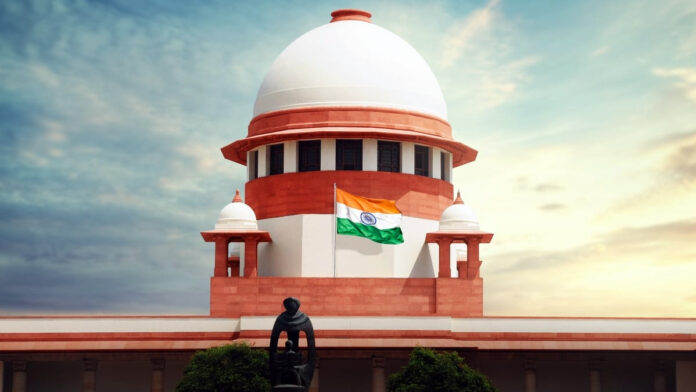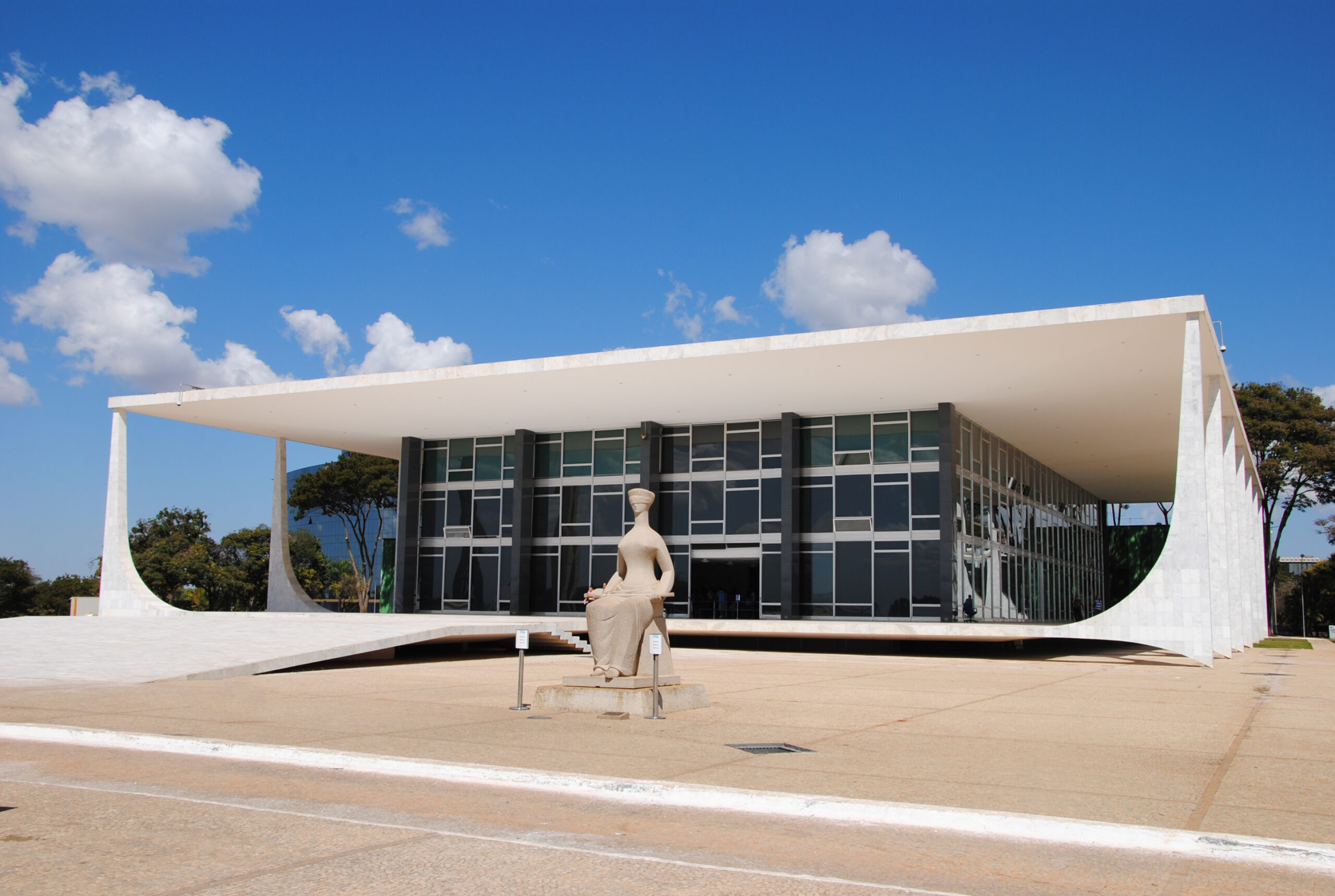India’s Supreme Court ruled that no one can be compelled to be vaccinated.
The Supreme Court of India ruled that Article 21 of the Constitution of India protects the bodily integrity and personal autonomy of an individual. This protection includes the right to refuse to undergo any medical treatment, and therefore no one can be compelled to be vaccinated.
Nonetheless, the Court clarified that to protect public health, the government is empowered to impose limitations on individual rights. Under the condition that the restrictions comply with the threefold requirement established by the Court. These are the existence of the law and the necessity and the proportionality of the measure.
Consequently, the Indian Supreme Court found, in line with the benefits of vaccination to address the pandemic, that the Indian vaccination policy was based on relevant considerations and was not unreasonable or manifestly arbitrary.
However, the Court found that no data were presented to contradict the scientific opinion that the risk of transmission of the virus by unvaccinated persons is almost equal to that of vaccinated persons.
Therefore, the Supreme Court of India concluded that the restrictions on unvaccinated persons imposed by the Indian government were not proportionate. The Court suggested that, until the rate of infection remains low and any new developments or research findings emerge that would properly justify the restrictions, all authorities should review the restrictions on unvaccinated persons in terms of access to public places, services and resources.
Find out more about the law around the World.
References
Case: Writ Petition (Civil) No. 607 of 2021. Suprema Corte de la India.






